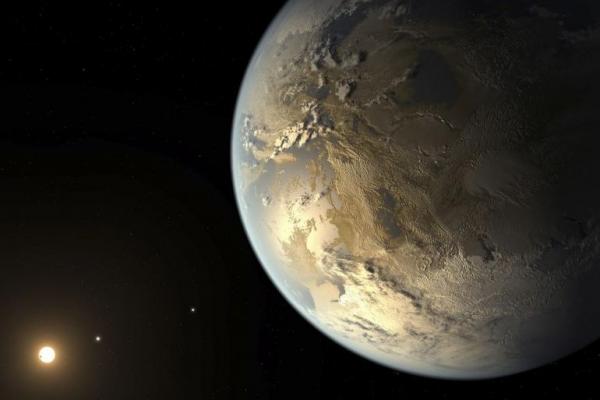
Thu, February 26, 2015
4:00 pm - 5:00 pm
2015 McPherson Laboratory
The Search for 100 Earths
Debra Fischer (Yale University)
The search for exoplanets is motivated by the question of whether life exists elsewhere. This drives our interest in the detection of planets that are similar to our own world: rocky planets with the potential for liquid surface water and plate tectonics; worlds that might harbor life that we can recognize. Importantly, we will need to discover not just a few, but hundreds of these worlds to eventually gain a statistical understanding of whether life is rare, common, or ubiquitous and ground-based telescopes offer an ideal platform for carrying out decade-long surveys. It is critical for follow-up studies (imaging, atmospheric studies) that these planets orbit nearby stars. In this talk, I will discuss how we plan to take what we've learned and push on to the next frontier: our plans for a next generation spectrograph, EXPRES, to carry out a search 100 Earths with the Discovery Channel Telescope.
Coffee & Donuts will be served at 3:30 in MP4054
